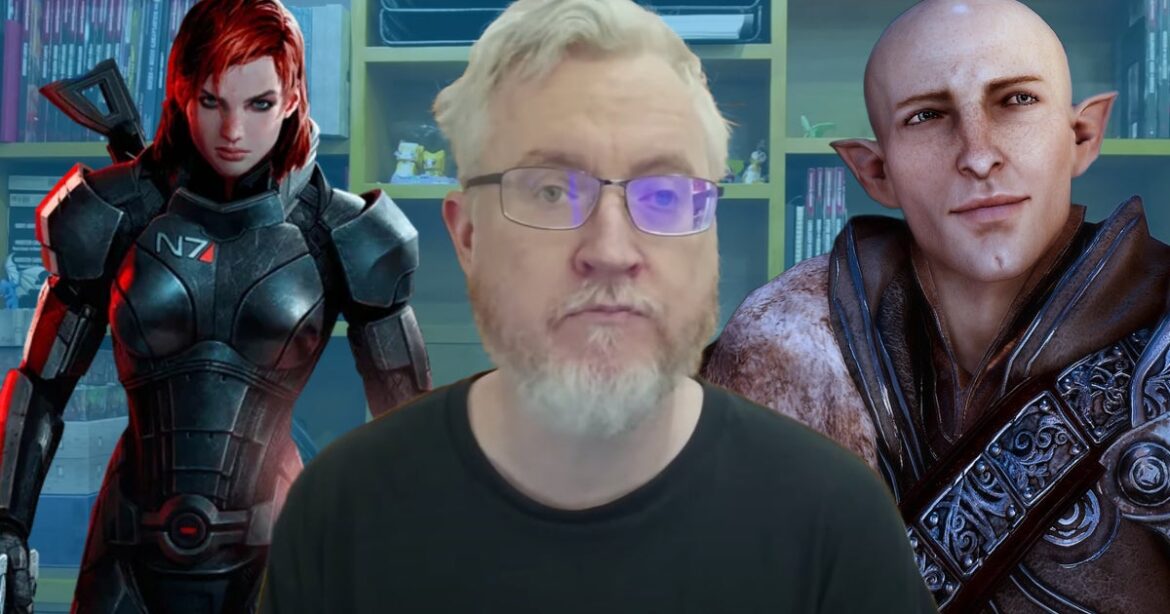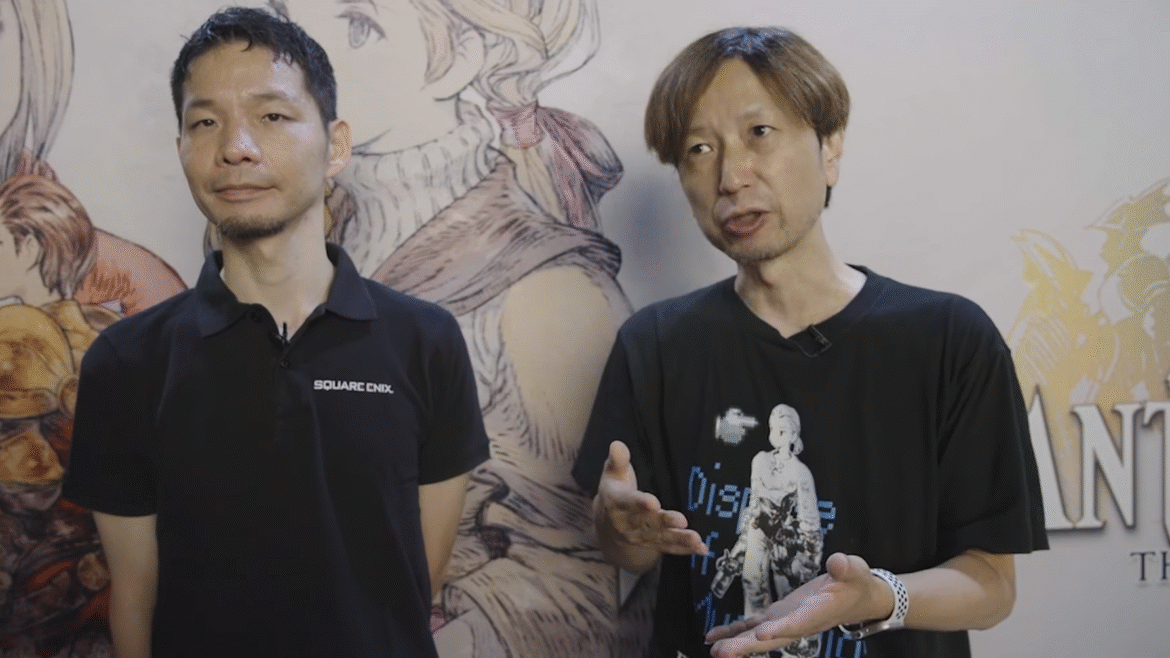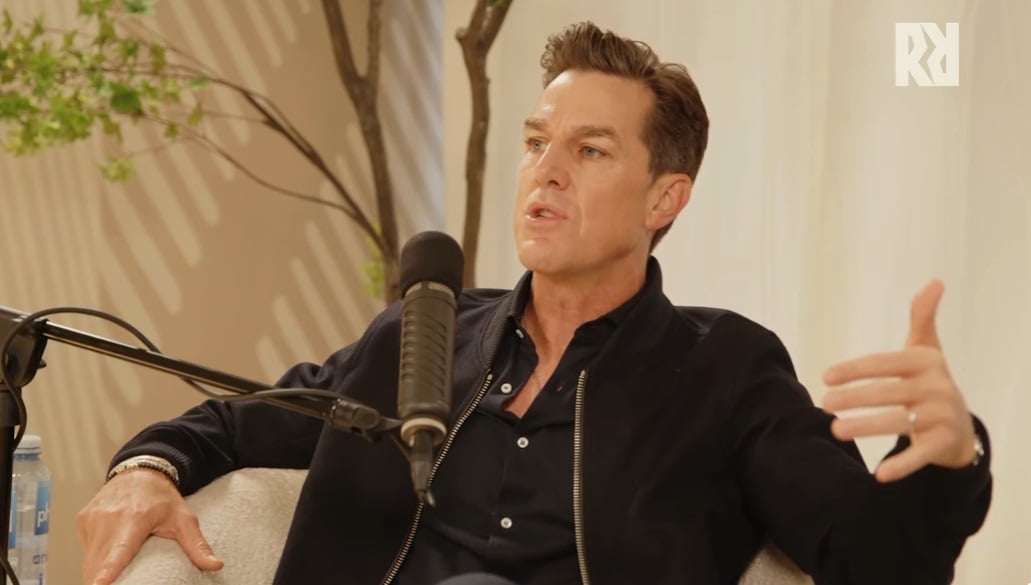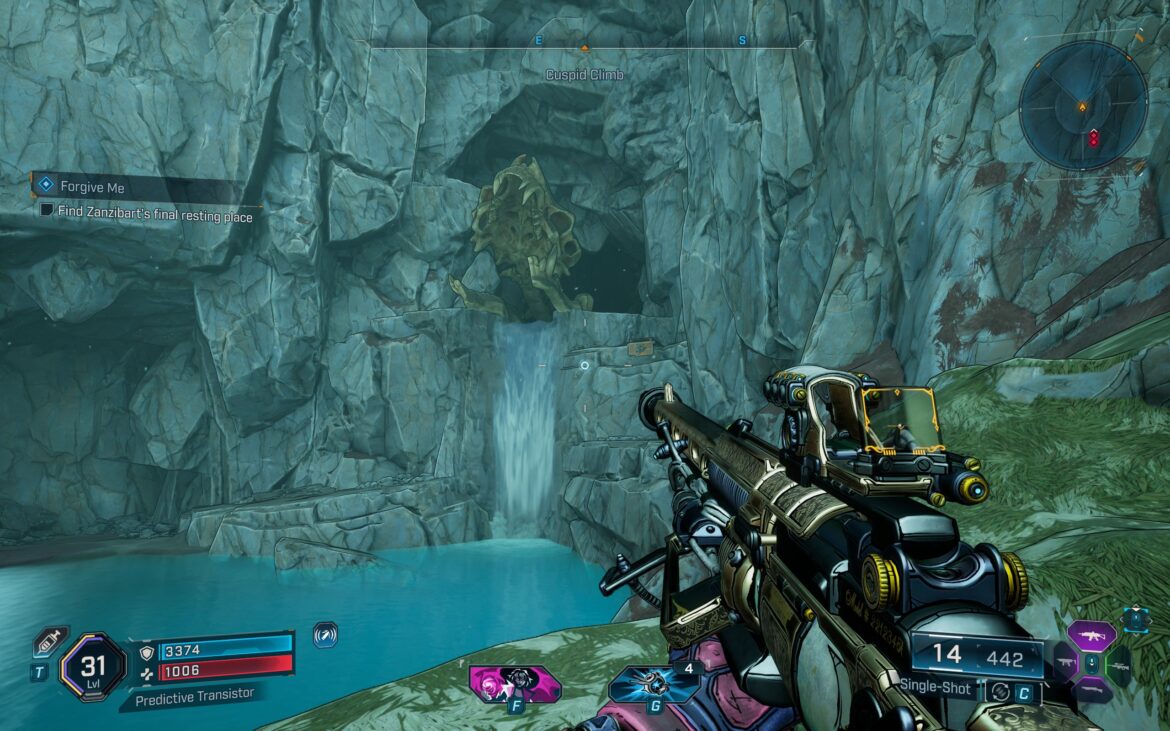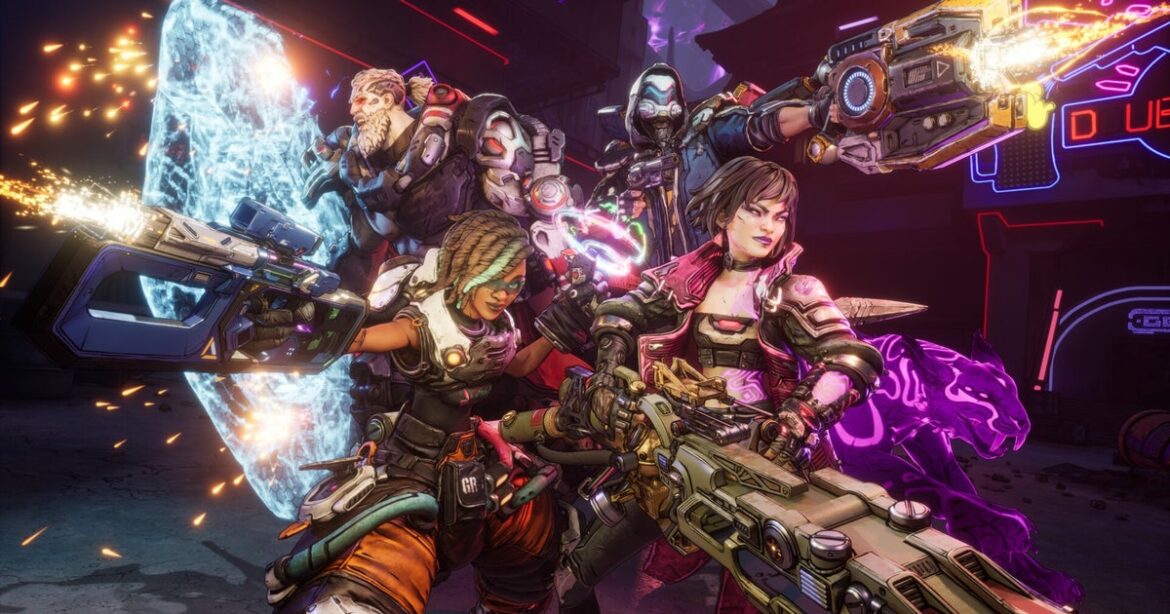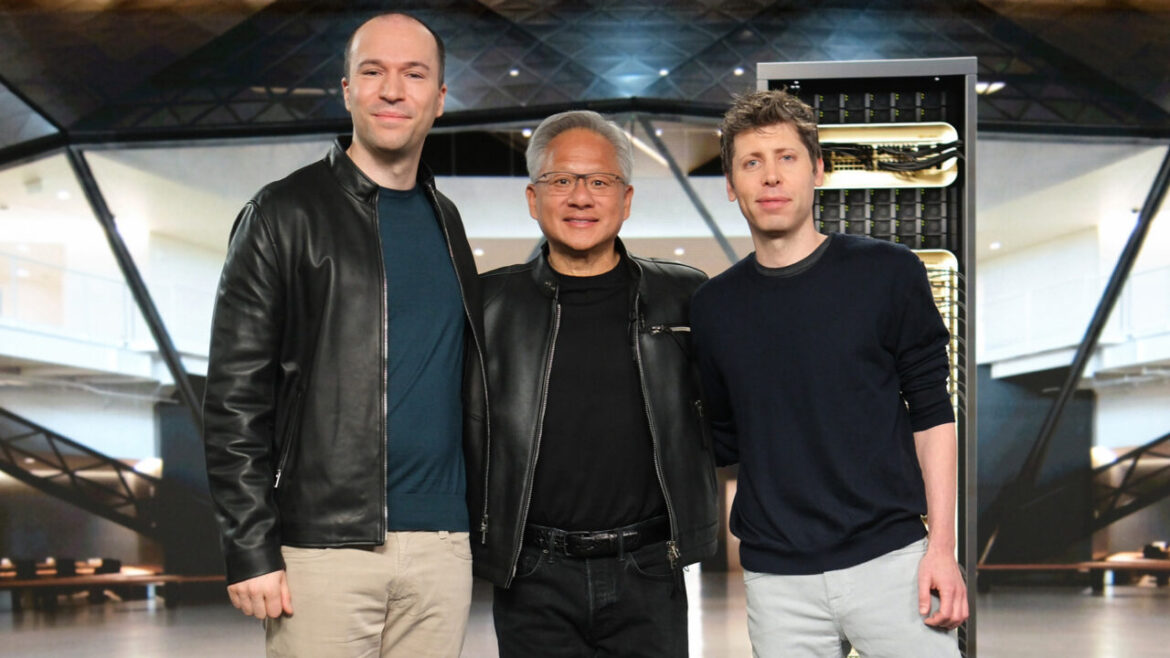BioWare veteran Mark Darrah has discussed the $55bn private acquisition of EA and what the future holds for the RPG studio, suggesting it could be sold to pay off debt.
The buyout, announced earlier this week, is by a group of investors comprising Saudi Arabia’s Public Investment Fund, and investment firms Silver Lake and Affinity Partners. Of the $55bn, $36bn is in equity with the remaining $20bn in JPMorgan debt, which EA will need to cover.
In his latest YouTube video, Darrah (best known as a producer across the Dragon Age games) suggested EA may be looking to sell off some of its biggest IPs and studios in order to service that debt.
Dragon Age The Veilguard Review: The BEST Bioware Has EVER Been! (Spoiler-Free)Watch on YouTube
Darrah explained EA is incentivised not to take risks, and selling off an IP only for it to become a huge success elsewhere would be a notable risk. Doing nothing “keeps them from getting into trouble”, but now that incentive could be completely flipped to drive immediate revenue.
“EA has a huge repository of dormant IPs that are just sitting there dormant,” said Darrah. “It seems unlikely that the new resulting structure is going to be eager to suddenly revive a bunch of those IPs.
“So one option might be to sell the whole lot of them for a hundred million dollars if you can get it, because a hundred million dollars can come off the debt. You might even see them toying with the idea of shedding some of their existing studios. Maybe they shut them down, but maybe they look for opportunities to sell off entire studios, or entire groups.”
He continued: “It makes a tonne of sense for this new group to want EA Sports whole and strong and to continue doing what it’s doing. EA Entertainment…may make a lot less sense. So you could imagine potentially all of EA Entertainment being sold off to another group with deep pockets.”
EA Goes Private For 55 Billion?!Watch on YouTube
He even suggested that, as this deal has likely been in the works for a while, it’s conceivable EA’s new structure was intentionally planned to make it easier to sell off parts of the business. As such, EA owns plenty of studios that haven’t shipped a game in a while, or have experienced problems, or make “the kind of games that this new company isn’t interested in making anymore”.
Darrah noted EA has “a lot of momentum” in not selling studios, but added “we’re in a new world now”. “It’s incredibly unlikely that EA stays exactly as it currently is in a private structure, especially carrying £20bn worth of debt,” he said.
So what does this all mean for BioWare specifically?
“For the studios that have more of a track record, especially a track record that maybe doesn’t line up with your own political views…you’re going to look at that studio and wonder how you make them fit into your new structure,” said Darrah.
“It’s hard to imagine that you have BioWare pivot from having very progressive messaging to having the reverse because it’s what the government wants. It’s hard to imagine that the public perception of a game that comes out of BioWare, even if you do do that, isn’t apocalyptically bad.” That would mean leaving the studio alone, or assuming it no longer fits in the organisation.
While Darrah is, of course, merely speculating, the deal certainly brings the future of all EA’s studios into question. Yet with the progressive nature of its RPGs, BioWare’s future under a Saudi-owned company is particularly uncertain.
In a statement to employees, EA CEO Andrew Wilson said the company’s “values and our commitment to players and fans around the world remain unchanged”.

